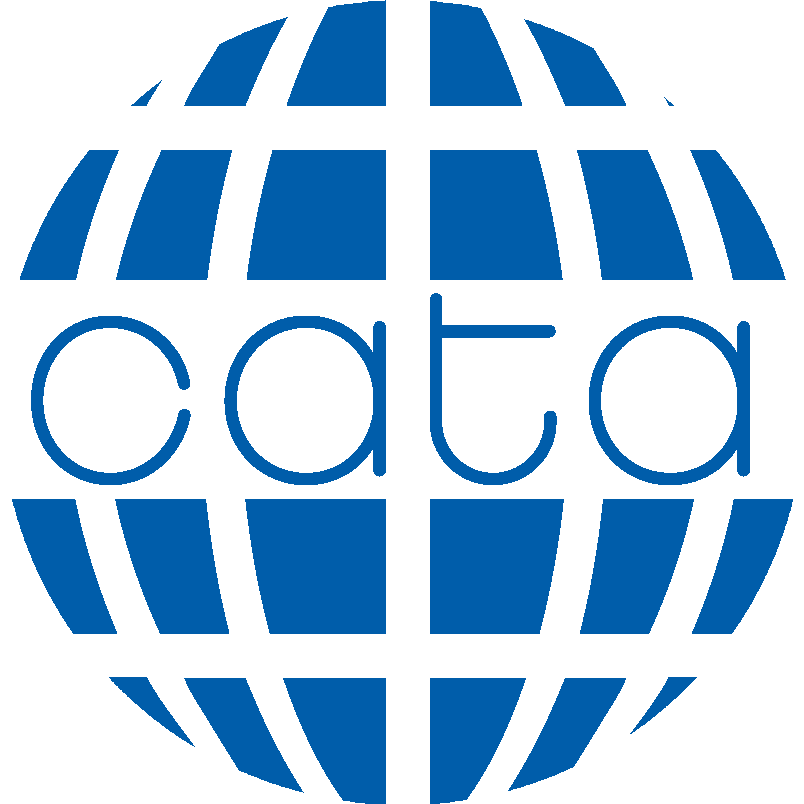CEO of Inland Revenue Board of Malaysia shares IRBM’s responses to the COVID-19 outbreaks
On 14 May 2020, the CEO of Inland Revenue Board of Malaysia (IRBM), Dato’ Sri Dr Sabin Samitah shared IRBM’s experience in responding to the COVID-19 outbreaks during the Asia-Pacific Meeting, co-hosted by the Asian Development Bank (ADB) and the Organisation for Economic Co-operation and Development (OECD) supported by the Pacific Islands Tax Administration Association (PITAA), Commonwealth Association of Tax Administrators (CATA) and the Study Group on Asian Tax Administration and Research (SGATAR).
Dr Sabin Samitah observed that like in many other countries, the COVID-19 which was first detected in Malaysia on 24 January 2020 has quickly become alarming, rendering the Government with no other choice but to impose the Movement Control Order (MCO) beginning from 18 March 2020 to contain the spread of the virus. This inevitably has put businesses and people in lockdown. Dr Sabin Samitah, however, pointed out that the efforts taken by the Government particularly by the Ministry of Health since the MCO have shown positive results. After more than six weeks of strict implementation, with the situation improving, the Government has slowly relaxed the restrictions beginning from 4 May 2020. Certain businesses have been allowed to resume operations with strict standard operating procedure (SOP).
According to Dr Sabin Samitah, the MCO following the COVID-19 is a situation which requires existing policies and procedures to be quickly reviewed and revised in line with the Government’s efforts to ease the burden of the people and maintain a resilient economy. While the Government of Malaysia has rolled out three stimulus packages valued in total to RM260 billion within the period from 27 February to 6 April 2020 to cushion the impact of the COVID-19 to the economy and the livelihood of the people, IRBM’s immediate response to the pandemic is aimed at supporting taxpayers and ensuring business continuity during the MCO and post-MCO.
Dr Sabin Samitah said that the Government has entrusted IRBM to manage the disbursement of the Government financial aid to the lower and middle-income groups under the National Caring Aid and the Households Living Aid package. As at 10 May the number of recipients of this aid is 10.6 million households and single individuals with an allocation of RM11 billion. The IRBM also manages the disbursement of financial aid to the small and medium entrepreneurs under the Special Caring Grant package which is expected to benefit 700,000 small and medium entrepreneurs with the allocation of RM2.1 billion.
The MCO was implemented at the time when due dates for filing of tax returns were approaching. Therefore, in order to support taxpayers, additional time was given for taxpayers to deal with filing of tax returns and other submissions of documents. To ease the cash-flow pressure of taxpayers, extension of time on existing scheduled debt plans were also given while recovery of debts have been temporarily suspended. Refunds are made more quickly by putting low risk refund cases and large business cases involving refunds of less than RM1 million on auto refunds. SMEs and individual cases are given priority.
IRBM understands that the COVID-19 has created a lot of uncertainties to taxpayers. To address this issue, IRBM regularly issues press releases, FAQs and conduct engagements with tax practitioners. The COVID-19 pandemic has disrupted the usual business operations of the tax administration. Dr Sabin Samitah said that this is unprecedented and he was glad that the IRBM has already formed a Crisis Management Team since 2012 and developed a Business Continuity System which is in the process of getting ISO 22301 certification. This has made business continuity and governance arrangements to deal with the COVID-19 and post-COVID-19 scenarios more structured. Critical services were identified and kept open during the MCO. While most officers have to work from home with some granted permission to remotely access the IRBM computer systems during the MCO, certain groups of officers were required to work in the office with all the precautionary measures taken to ensure the safety and welfare of staff and taxpayers.
Dr Sabin Samitah expressed his concerns that the full impact of the COVID-19 pandemic to the economy is yet to be seen. The negative impact on businesses and the livelihood of the people will definitely have a far-reaching effect on tax revenue which is so much needed to rebuild the economy post-COVID-19. As tax administrators, Dr Sabin Samitah said that we should be prepared to take the necessary actions to support the Government to promote a robust economic environment. Undeniably, tax administration plays an essential role in the country and the people even in times of crisis.
